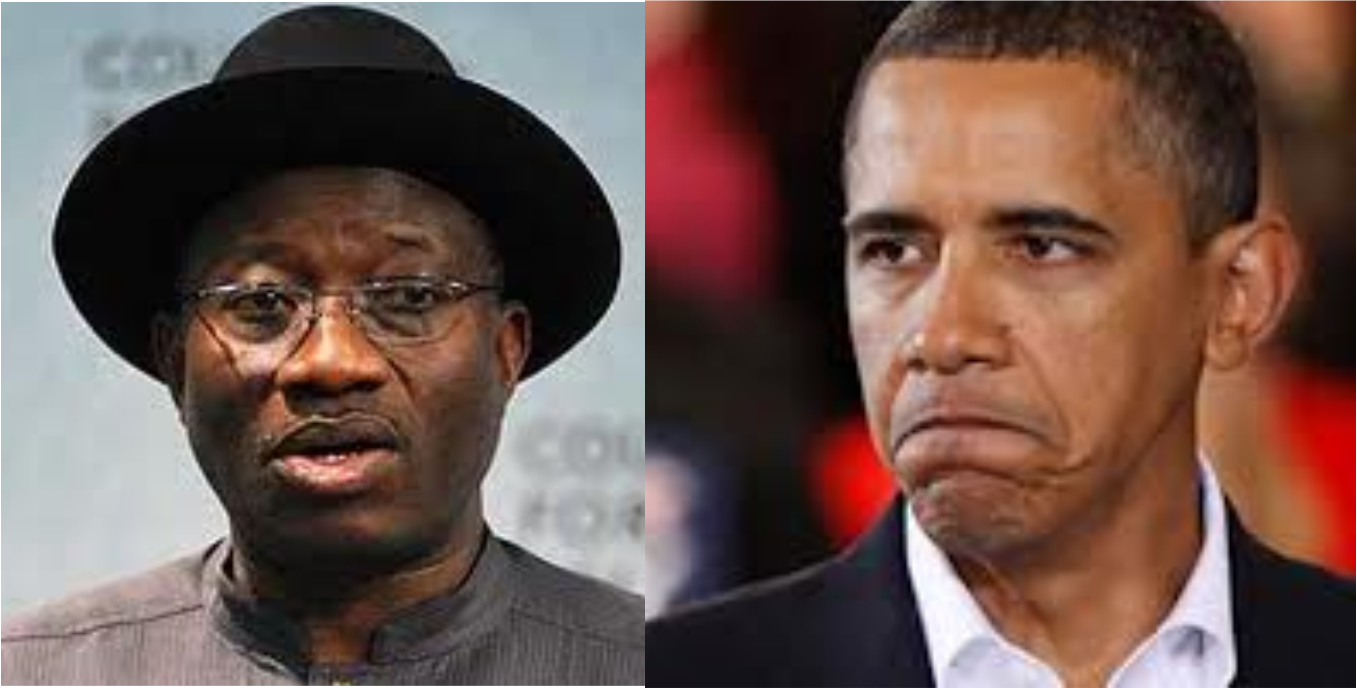Obama optimistic, defends interim Iran deal
President Barack Obama has defended an interim deal with Iran to curb its nuclear programme and, seeking to reassure Israel, pledged to step up sanctions or prepare for a potential military strike if Tehran fails to abide by the pact.
US relations with Israel have been strained by the interim agreement, reached between Iran and major world powers including the United States, which was designed to halt advances in Iran’s nuclear programme and buy time for negotiations on a final settlement.
The US said the agreement would give the international community time to see if Tehran is serious about curbing its nuclear ambitions, while providing some relief from sanctions that have crippled its economy.
Israel believes any sanctions relief is a dangerous gift to a country that threatens its very existence, and Israeli Prime Minister Benjamin Netanyahu has called the deal reached in Geneva a “historic mistake.”
Obama, speaking at forum hosted on Saturday by Haim Saban, a major political donor, made a point of referring to Netanyahu as “my friend Bibi,” while acknowledging they occasionally had “significant tactical” disagreements.
Obama said the interim deal, negotiated with Iran by the United States, China, Russia, Britain, France and Germany, would provide space for a longer-ranging agreement to curb Iran’s nuclear ambitions, which Tehran says are peaceful.
The president said he viewed the likelihood of a satisfactory “end state” as a 50/50 proposition, and repeated that all options remained on the table if Iran did not follow through with its obligations.
“If we cannot get the kind of comprehensive end state that satisfies us and the world community … then the pressure that we’ve been applying on them and the options that I have made clear I can avail myself of, including a military option, is one that we would consider and prepare for,” he said.
Obama said it was unrealistic to believe that Iran would halt and dismantle its nuclear program if the sanctions regime were strengthened and talks were not given a chance to succeed.
“One can envision an ideal world in which Iran said, ‘We’ll destroy every element and facility and you name it, it’s all gone.’ I can envision a world which Congress passed every one of my bills that I put forward. I mean, there are a lot of things that I can envision that would be wonderful,” he said to laughter from the audience.
“But precisely because we don’t trust the nature of the Iranian regime, I think that we have to be more realistic and ask ourselves: What puts us in a strong position to assure ourselves that Iran’s not having a nuclear weapon … what is required to accomplish that and how does that compare to other options that we might take?”





